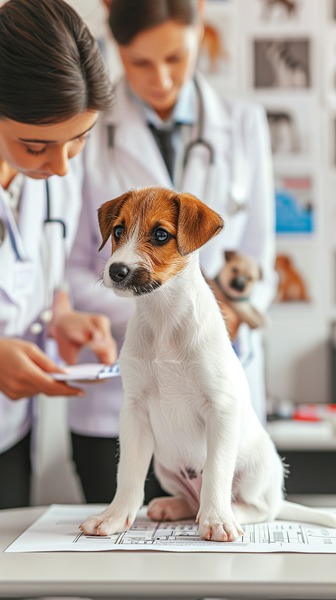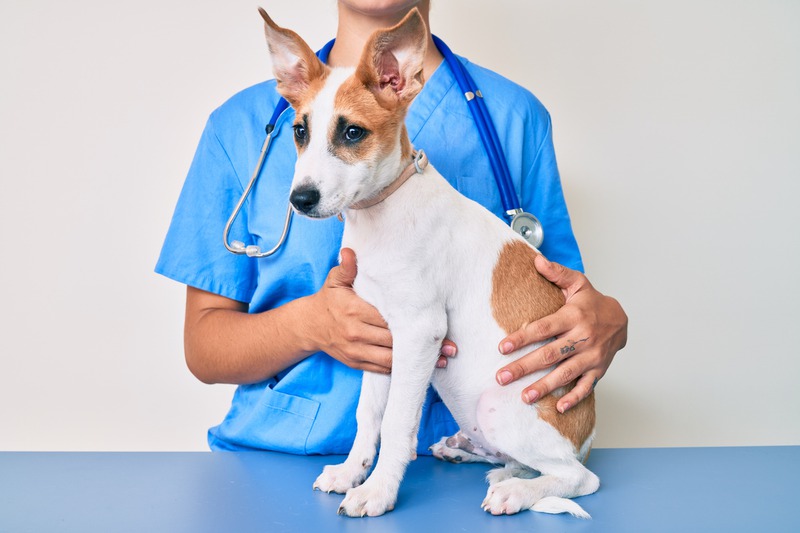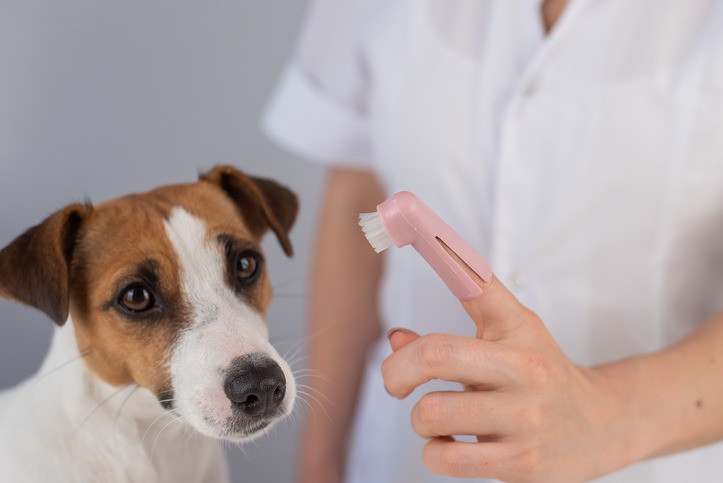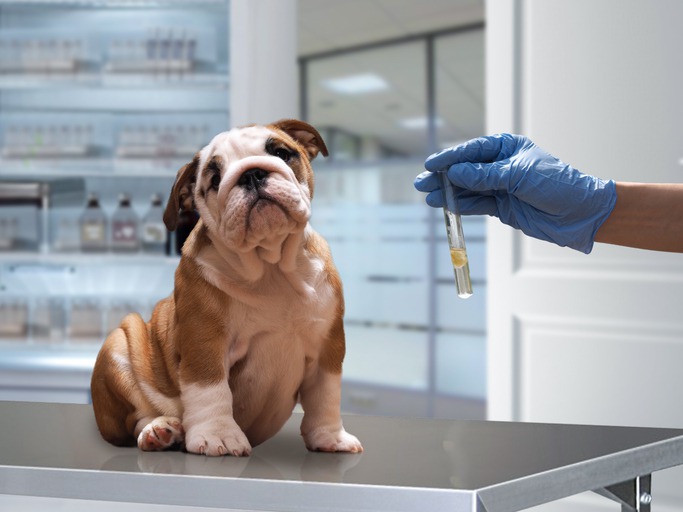As a responsible pet owner, it’s essential to recognize the signs that indicate your furry companion needs medical attention. While some symptoms are apparent, others can be subtle and easily overlooked. Knowing what to watch for can significantly affect your pet’s health and well-being. This guide will help you identify the top signs that it’s time to schedule an appointment with your veterinarian.
Recognizing the signs your pet needs to see a veterinarian can significantly affect their overall health and longevity. This guide outlines the top signs that indicate it’s time to take your pet to the vet.
1. Changes in Appetite or Drinking Habits
A sudden increase or decrease in your pet’s appetite or water consumption can be a red flag. If your pet refuses to eat for more than a day or drinks excessively, it could indicate underlying health issues such as diabetes, kidney disease, or gastrointestinal problems. Monitoring their eating and drinking habits closely can help catch these issues early. Consulting a professional vet dentist in Poway, CA, for specialized care can provide comprehensive insight and treatment options for your pet’s health concerns.
2. Lethargy or Decreased Activity Levels
If your pet is unusually tired, inactive, or reluctant to engage in activities they once enjoyed, it might be a sign of illness or pain. Lethargy can be associated with various conditions, including infections, chronic diseases, or metabolic disorders. It’s important to note these changes and consult a veterinarian to determine the cause.
3. Vomiting or Diarrhea
Occasional vomiting or diarrhea may not be a cause for alarm, but frequent or severe episodes can indicate serious health issues such as infections, poisoning, or gastrointestinal disorders. Persistent vomiting or diarrhea can also lead to dehydration, which requires immediate veterinary care to prevent further complications.
4. Changes in Urination
Frequent urination, straining to urinate, blood in the urine, or accidents in the house are all signs that your pet may be experiencing urinary tract issues or kidney problems. These symptoms can indicate infections, bladder stones, or other severe conditions that need prompt medical attention to prevent further health risks. Regular check-ups can help catch these problems early; click here for more info on pet wellness exams to ensure your furry friend stays healthy.
5. Unusual Odors
Lousy breath, foul-smelling ears, or unusual body odors can be signs of dental disease, ear infections, or skin conditions. These issues can cause significant discomfort and lead to more severe health problems if left untreated. Regular dental check-ups, ear cleanings, and professional veterinary care can help manage and prevent these conditions.
6. Persistent Coughing or Sneezing
While occasional coughing or sneezing can be regular, persistent or severe episodes may indicate respiratory infections, allergies, or other serious health issues. Conditions such as kennel cough, bronchitis, or even heart disease can manifest through these symptoms, necessitating a visit to the vet for a proper diagnosis and treatment plan.
7. Skin and Coat Issues
Itching, excessive scratching, hair loss, lumps, or sores on your pet’s skin can indicate allergies, infections, parasites, or other dermatological issues. Skin conditions can cause significant discomfort and may lead to secondary infections if not treated promptly. Regular grooming and monitoring of your pet’s skin and coat health can help identify problems early. For comprehensive care, including addressing these skin issues and ensuring long-term health, consider visiting a pet vaccinations clinic in Poway, CA.
8. Behavioral Changes
Sudden changes in your pet’s behavior, such as increased aggression, anxiety, or withdrawal, can be a sign of pain or illness. Behavioral changes can also be linked to neurological conditions or hormonal imbalances. Observing unusual behaviors and consulting a veterinarian to determine the underlying cause is essential.
9. Difficulty Breathing
Labored breathing, rapid breathing, or shortness of breath are severe symptoms that require immediate veterinary attention. These signs can indicate respiratory distress, heart disease, or other life-threatening conditions. Prompt evaluation and treatment by a veterinarian are crucial to addressing these issues and ensuring your pet’s safety.
10. Weight Loss or Gain
Unexplained weight loss or gain can be a sign of underlying health problems such as metabolic disorders, endocrine diseases, or cancer. Regular weight checks and monitoring of your pet’s body condition can help detect these issues early. A veterinarian should constantly evaluate significant weight changes to determine the cause and appropriate treatment.
Wrapping Up
Being vigilant about your pet’s health and recognizing the signs indicating a need for veterinary care can significantly affect their overall well-being. Regular check-ups, a balanced diet, and prompt attention to changes in behavior, appearance, or habits are essential for maintaining your pet’s health. If you notice any of the signs mentioned above, it’s essential to consult a veterinarian to ensure your pet receives the care they need. By staying proactive and informed, you can help ensure your furry friend’s long, healthy, and happy life.






